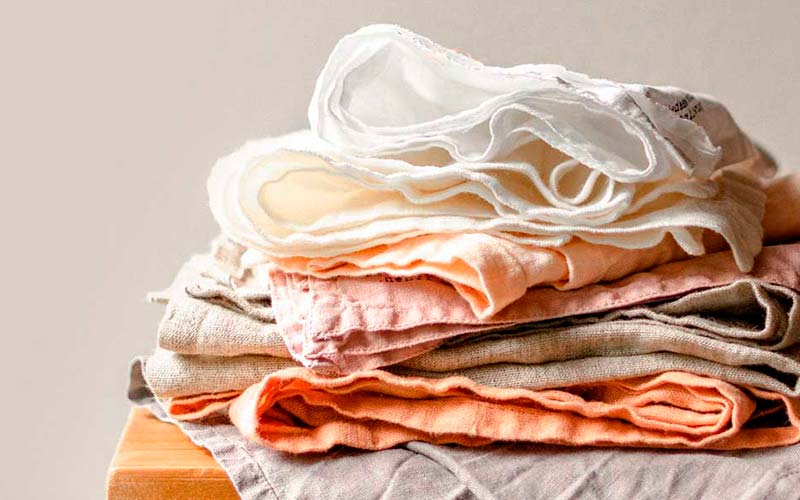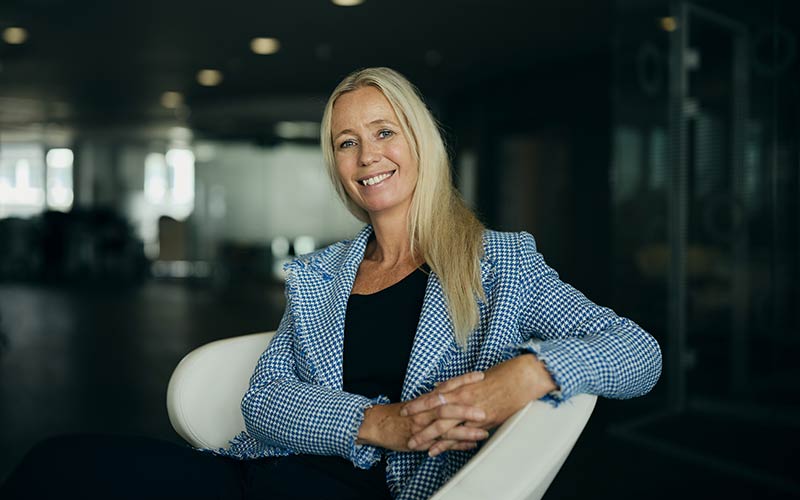
26. August 2021
The European Environmental Agency (EEA) estimates textiles to be one of the most climate-impacting consumer goods. In fact, European consumption of clothes, carpets, furnishing fabrics and other textiles totals emissions corresponding to 654 kg of CO2 per person per year. This means that textiles come just after what is popularly referred to as cars, homes, and steaks, constituting an important action area for the Danish government and the European Commission alike.
And now the effort is stepped up, as a decision has just been made to prepare European standards to support the circular transition of the textile industry. European standards greatly help to shape the market, by providing a common language and an understanding of what e.g., circularity means, and by creating agreement on which demands the market will need to place in the future.
— “Reuse and recycling are to play a more prominent role in the consumption of textiles in future, and industry and the retail trade must be willing to sharpen their design demands. Therefore, the direction to be taken and a concrete approach need to be mapped out if buyers and consumers are to be able to make better choices. This is where standards play a crucial role, as they ensure that we speak the same language throughout the chain,” says Mathias Hvam, strategic project manager at Coop's CSR department.
The textile industry is changing rapidly, not least because demand and the requirements for greater sustainability and circularity are increasing, as are producer’s liability. For this reason, common European standards can be an important tool for the green transition.
— “It is crucial that the fashion and textile industries embrace the circular economy to an even larger extent. However, we also get the impression from enterprises in this line of business that a common frame of reference will be required to further boost the development. This is where common European standards come in,” says Jette Lindgaard, Head of Environment and Sustainability at Danish Mode & Textil.
The standards are to create a framework for a more circular production and strengthen sustainability at all stages of the value chain from design to the consumer and back again. For consumers this will mean better opportunities for shopping more responsibly and for returning used and worn textiles in order for them to be recycled optimally.
— “We already experience a strong demand from the industry for specific tools for a circular clothing production. This is where standards can help to overcome, for example, the challenge of collecting and reusing textiles. In addition, some common definitions and requirements for the quality of recycled textiles are needed. This will also ensure longer lasting clothes, which will have one of the biggest positive effects on our climate challenge,” says Maibritt Agger, Head of Department at Danish Standards.
The standards are developed by all relevant actors, including manufacturers, purchasers, industry organisations, NGOs, authorities, and researchers. Danish stakeholders are in a good position to take the lead in this development and help influence expectations and the demands that will be placed on the industry and the market.
Danish Standard has developed an AI search tool designed to make it easier for you to find relevant standards within your organisation’s specific line of work.
37 European stakeholders have joined forces for the first time to create a common foundation for greener aviation fuel – from production to fuelling – paving the way for more climate-friendly aviation across Europe.
A shared language on quantum technology is essential to harness its potential. The new specification provides a solid foundation that allows companies, researchers and decision-makers to collaborate more effectively on development, implementation,...
As the second organisation in Denmark, Danish Standards has obtained certification according to the equality and diversity standard, DS 5001. The standard provides a strong platform for ensuring equal opportunities for all.




